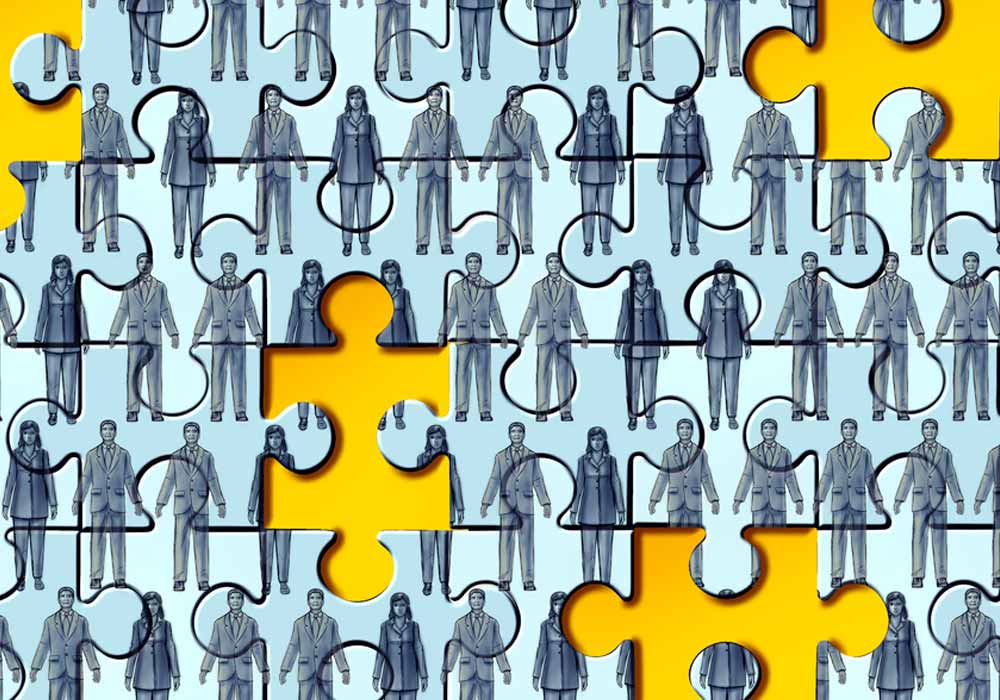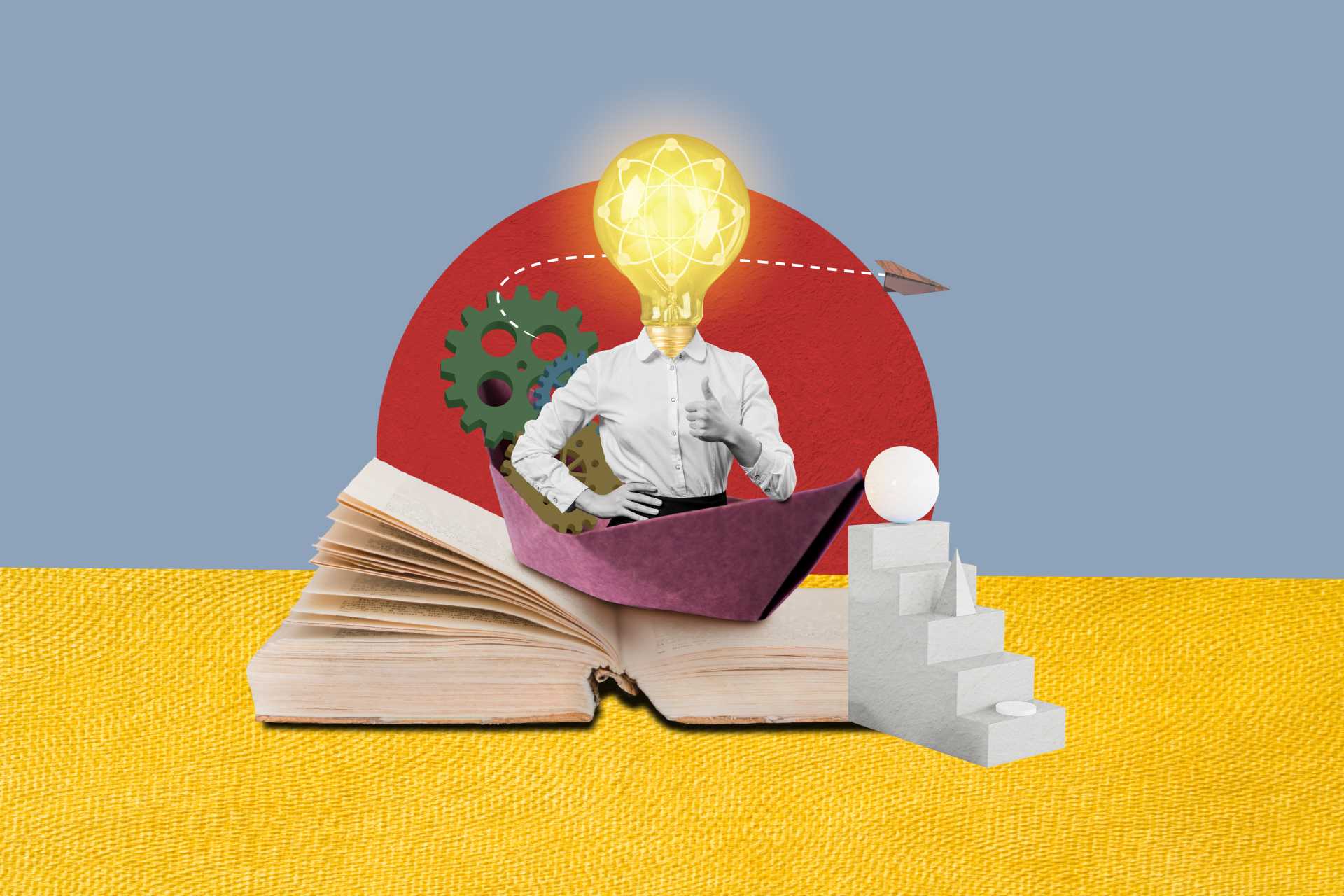“Skills like effective confrontation, empathy, and patience are not soft or soft; In reality they are hard and essential, but above all, they are deeply human”.
The contrast between the calculated coldness of AI and the intrinsic warmth of soft skills underlines the need to balance both aspects in the professional environment. The successful integration of AI into the workforce lies not only in the advanced technology, but in how people use these tools to leverage their human capabilities. This dual approach promises not only to improve business outcomes, but also to enrich the work experience, making work more meaningful and satisfying.
Research conducted by Boston College, Harvard and the University of Michigan has shown that soft-skill training in communication and problem solving can increase productivity and retention by 12% and deliver a return on investment (ROI) of 250% to the company.
In addition, studies have also shown that leaders with strong social skills can increase their team’s performance by up to 30%.
“Soft-skill training in communication and problem solving can increase productivity and retention by 12%.”
As we move into this era of change, it’s critical that organisations prioritise soft skills development alongside technology adoption. True synergy will be achieved when employees, equipped with both technical competencies and interpersonal skills, can navigate and thrive in an AI-driven environment.
The most valued soft skills in the context of AI
Since the launch of generative AI tools such as ChatGPT at the end of 2022, Harvard Business Review has conducted dozens of interviews with CEOs across all industry sectors. Their goal was to identify how this technology has changed the practices of leading companies.
While training in the use of AI, digital skills, and the need for organisational change management have become increasingly important in recent years, HBR has also found that the new context has also driven the development of soft skills specific to the use of AI.
Through their research, they came up with two categories of human skills that leaders consider fundamental. First, there are effective interpersonal skills, such as basic conflict resolution, communication, the ability to disengage from emotions and even mindfulness practices. These skills enable employees to handle complex and emotional situations with a clear and balanced perspective, essential to maintaining a healthy and productive work environment.
The second is experience, which focuses on preserving knowledge among more experienced employees and transferring and developing it among younger workers. This ensures that accumulated knowledge evolves, adapting to new AI-driven working realities.

